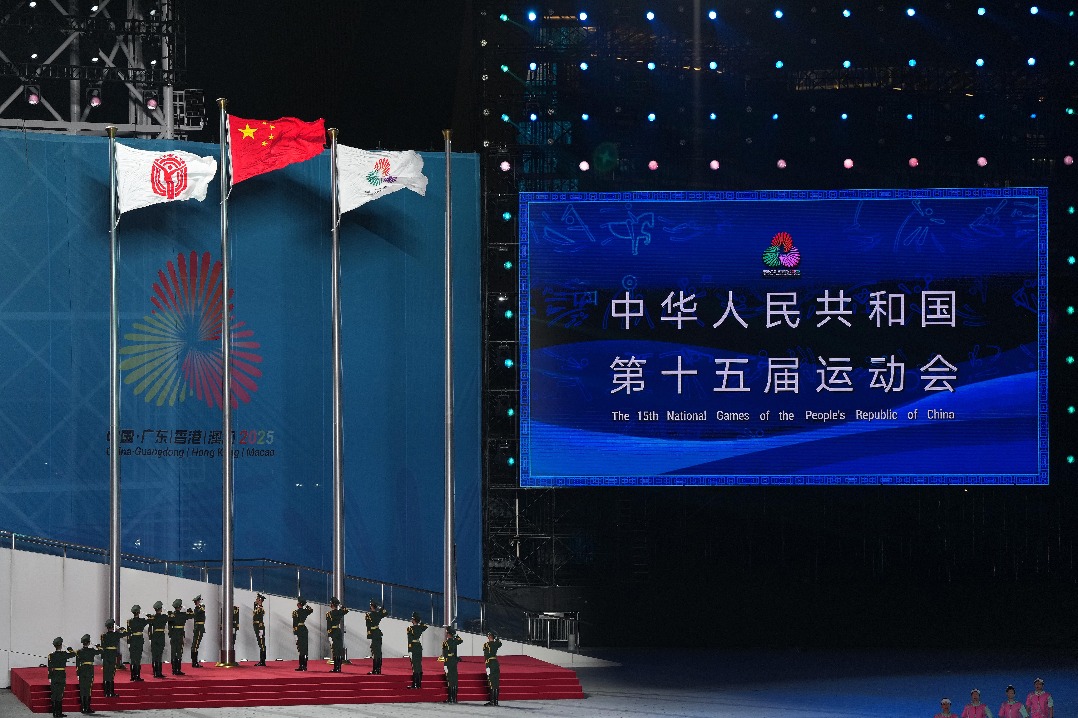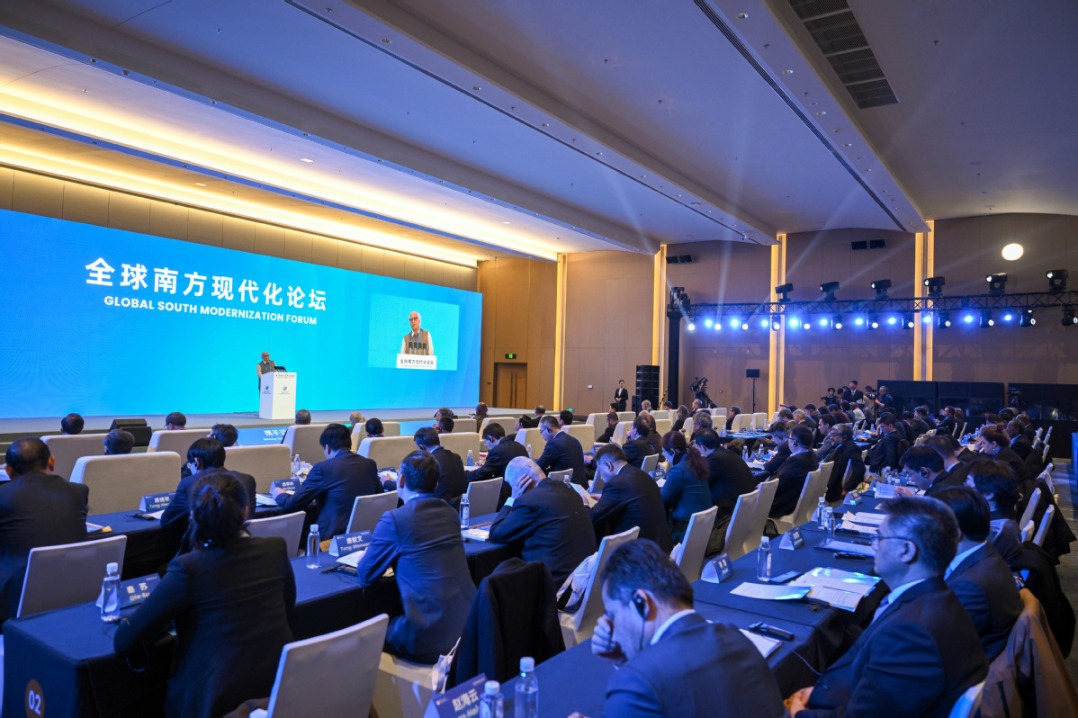Anti-graft campaign enters crucial stage

After its initial success, China's anti-corruption drive now faces Tougher challenges
Since he became general secretary of the Chinese Communist Party Central Committee in November 2012, Xi Jinping has invested much of his newly acquired political capital in two initiatives. One is the ambitious and far-reaching economic reform agenda, which was unveiled at the Third Plenum of the Party last November. The other is the intense drive against corruption, which was launched almost immediately after Xi settled into office.
Although the two initiatives are, strictly speaking, separate, in reality they are closely linked. Without market-oriented reforms that reduce opportunities for the abuse of power, it will be impossible to root out corruption. Similarly, a sustained campaign against corruption is a political precondition for the success of economic reforms.

So far, there has been great progress on the anti-corruption front. This fight has lasted long, and most importantly, Xi's campaign against graft is a centralized, top-down effort. It is comparatively easy to use the power of the Party's in-house anti-corruption disciplinary agency to investigate and punish officials who have committed misdeeds. By contrast, economic reforms require negotiations among stakeholders with competing interests and implementation by local governments and various bureaucracies - a far more complicated, slow, and uncertain process.
That is why Xi's war on corruption has achieved initial success. Figures released by the anti-corruption committee show that more than 182,000 Party members, including 17 high-ranking officials at the level of vice-minister and above, were punished for various misdeeds in 2013.
The sustained intensity of the anti-corruption campaign has caught most observers by surprise. Initially, many suspected that, like his predecessors, Xi would simply use a brief crackdown on corruption to gain popular support. But today, 18 months into his administration, hardly a day passes without the fall of a tiger (a high-ranking official) or several "flies" (mid-level or junior officials). It is becoming clear that Xi's fight against corruption is quite different from that of his predecessors.
The most critical decision was the appointment of a very capable senior official, Wang Qishan, to head the CPC Central Commission for Discipline Inspection. Known in China as a firefighter for his proven ability to handle a crisis and deliver results, Wang has not disappointed.
In the past year, Wang has instituted two changes that significantly enhanced the Party's ability to uncover criminal acts perpetrated by local officials. One is the dispatching of a large number of "roving inspection" teams to provinces and large state-owned enterprises. Although the practice of sending inspection teams to local governments and bureaucracies was established more than a decade ago, such large numbers had not been dispatched in the past.
The roving inspection teams sent by Wang are headed by recently retired senior officials who report directly to Wang's commission. During their tours, these teams privately interview local officials to gather information on the misconduct of their colleagues.

Thus, it has become much harder for local officials to conceal their crimes or protect each other because some of their colleagues, out of fear or spite, have incentives to denounce them to the roving inspection teams.
A second important initiative credited to Wang was the requirement that any corruption investigation conducted in a jurisdiction must be reported to the anti-corruption agency at a superior level. In the past, local officials could cover up the wrongdoings of their colleagues with relative ease because they did not have to report to their superiors such investigations. Now it will be much more difficult to do so because of this reporting requirement.
But, no matter how encouraging the initial results of Xi's anti-corruption campaign, the war is far from won. In fact, it is entering a crucial phase.
Xi has gained immense public support for his resolve to crack down on corruption inside the Party and the state. But Xi may have to balance the need to fight corruption with maintaining the unity of the elite.
An even more difficult challenge facing Xi is how to sustain the campaign. So far it has been waged from the top down, in a typical centralized fashion. Continuing such campaigns will be more costly and yield decreasing results (because local officials will quickly learn to adapt).
A more promising approach that will build strong foundations for better governance is to utilize the rule of law and the power of the media and civil society. This approach will increase transparency and reduce the costs of monitoring the bureaucracy. Of course, this is a risky strategy politically because of expected opposition from those who fear instability, but Xi and his colleagues may have no choice if they want to demonstrate their commitment to clean government and good governance.
The author is professor of government at Claremont McKenna College, Claremont, California, US. The views do not necessarily reflect those of China Daily.
(China Daily Africa Weekly 04/25/2014 page19)
Today's Top News
- Lawmakers' thousands of proposals receive responses
- China warns Japan against interference
- Nation's euro bond sale shows investors' confidence
- No soft landing for Tokyo's hard line
- Commerce minister urges US to increase areas of cooperation
- Strong demand for China's sovereign bonds signals global confidence































